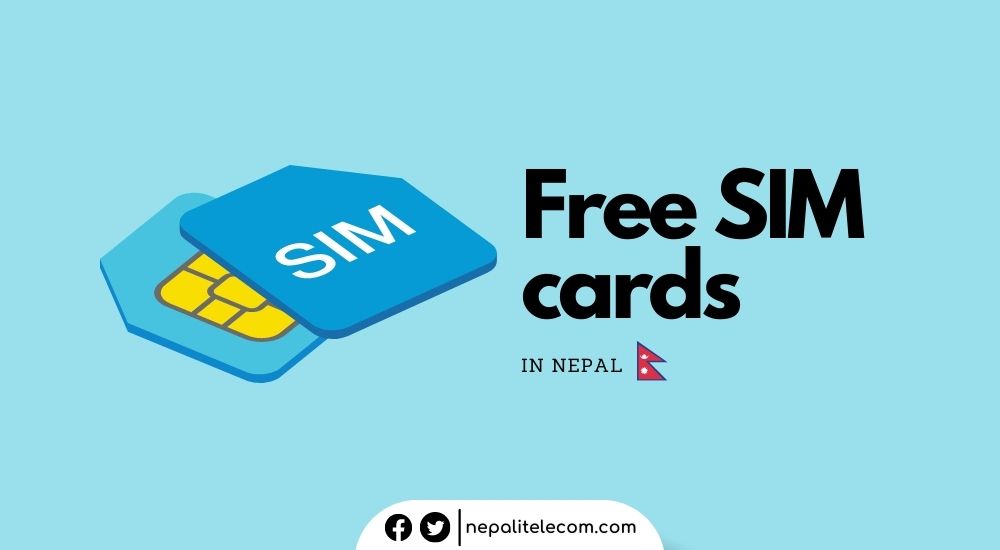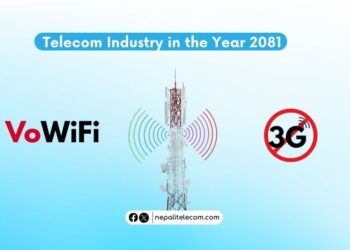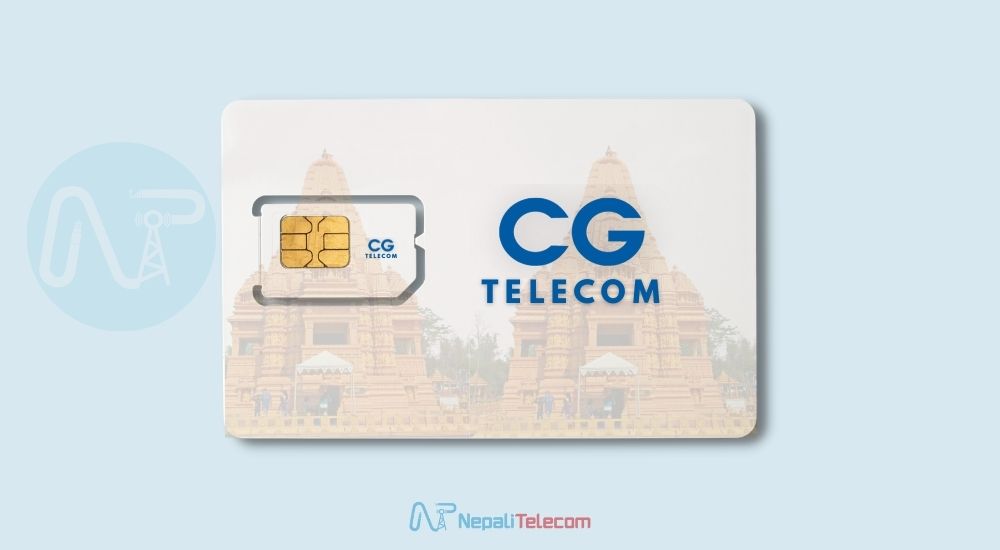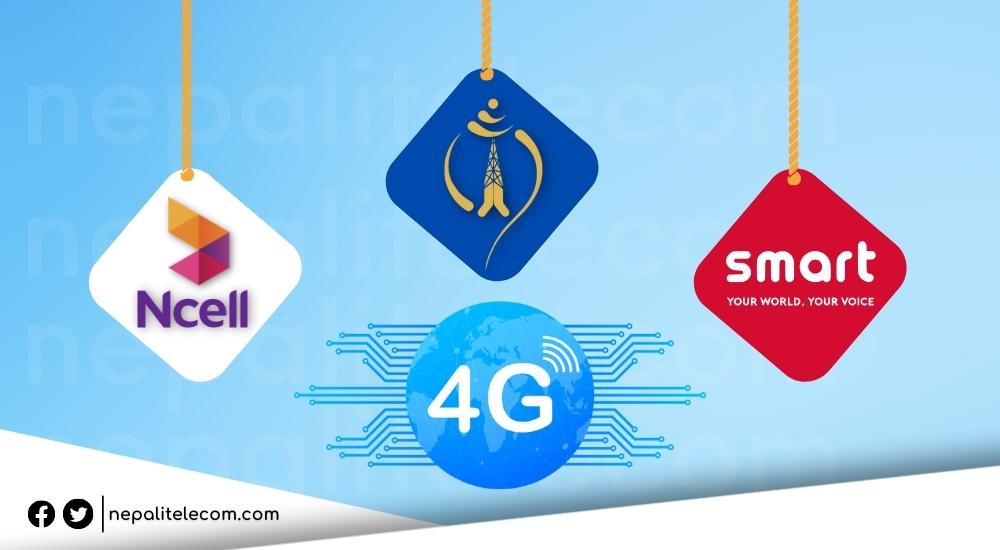There are many advantages to grabbing a free SIM card from any operator in Nepal. If you were in case curious, they are similar to any other regular SIM cards that allow mobile services but the issue is they can involve some risks involving user safety and security. If not taken into consideration, you could land yourself in an inconvenient situation with the operator, regulator, or even the law system. Let’s find it all in detail.
Do you grab a free SIM at tech fairs and promotional events? At the moment you can get both Ntc and Ncell SIM at CAN Infotech without a cost. But while it’s good to get SIM cards so easily at promotional events, the idea of a free SIM card comes with both advantages and disadvantages for a user. We delve deeper below.
Telecom service providers offer free SIM cards at exhibitions and promotional events. We have them distribute their SIM cards for free even for SEE graduates. Companies aim to boost their customer base by giving away free SIM cards. After getting a free SIM, owners tend to use it at least for a while after recharging which is required for it to continue working in the first place. So it’s almost like compelling users to use a company’s SIM card.
Advantages and disadvantages of free SIM cards in Nepal
Selling SIM cards for free at tech exhibitions (mela), and fair is a long-practiced strategy among the operators which benefits both the companies and the customers. But there are the good and the bad to it.
Also read: How to Buy a SIM card in Nepal? | Ntc, Ncell, Smart Cell
Advantages
- Free SIM card distribution is attractive too. Among the users, getting a SIM for free irrespective of mobile network has played really well for a promotional strategy.
- Due to the Nepali phone market getting only unlocked phones, people enjoy the luxury of switching between networks to suit their needs for data and calls. Find what is carrier lock on phones.
- They can opt to use a different network after finding out one works better in a specific area.
- In case, a SIM goes missing or reaches an unauthorized hand, criminal use, and a consequent law entanglement can’t be ruled out.
- Dual SIM phone owners can use two SIM cards as primary and secondary concurrently to benefit two networks’ services as well.
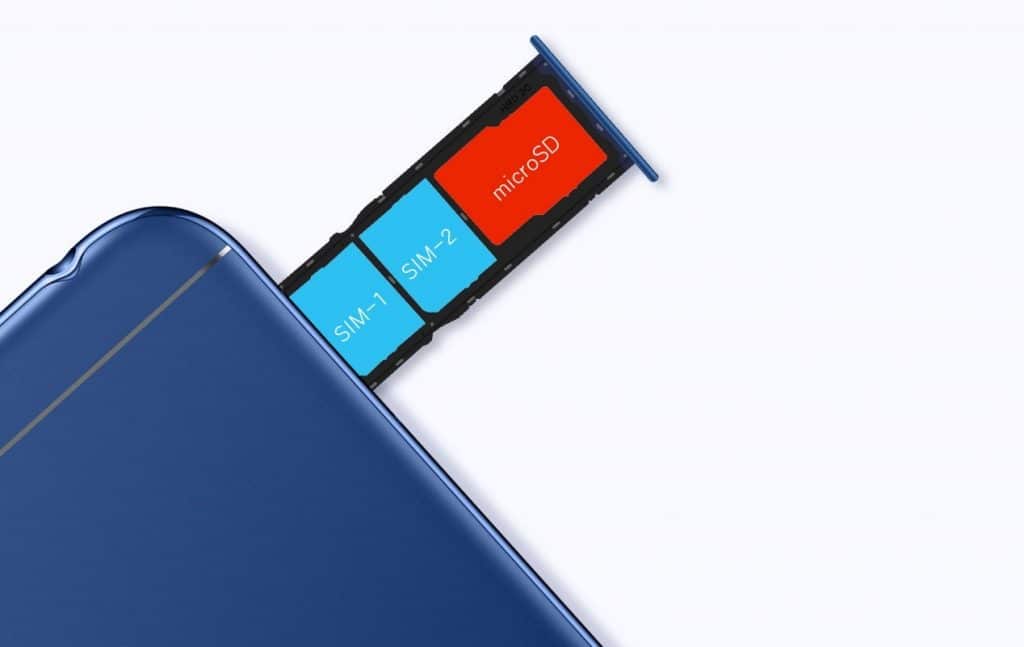
Disadvantages
- But on the flip side, free SIM card distribution compromises user safety and undermines telecom service regulation in Nepal.
- A user having as many SIM cards is not ideal from a regulatory perspective, while the two sim card regulations have not been effective.
- Importantly, a free SIM is not always free. Once the main balance depletes, you need to recharge it to access features. Like any regular SIM, they come with a validity period extended through recharges.
- Having a higher number of SIM card owners in figures won’t translate to real-life usage scenarios as the unique users’ number becomes much lower.
- There’s always a chance that buyers register SIM cards in their names and might hand them over to others for use. This should be discouraged more strictly from the telcos side too.
- Due to high demands at stalls, stallholders might mistakenly provide free sims without the physical presence of the registrant while only presenting their documents. It could lead to undesirable and inconvenient situations later. Telcos should strictly implement scrutiny to omit such.
In sum, free SIM distribution has advantages on both company and user ends but so are their demerits.
Don’t miss: Stop Selling Recycled SIM Cards, SC Issues an Interim Order!
Tightening measures on SIM usage
In fact, Nta discourages the use of multiple SIM cards. Earlier, it told users to only use SIM cards registered in their own name. In recent days, using SIM cards in users’ own names has dominated talks with companies and regulators tightening their measures. Similarly, some buy in their names and give them to others. Likewise, some customers might only use free SIM cards until the offer period and discard them later.
So, it’s not a guarantee that users will continue using the SIM card that came for free. Only good customer service and pricing tie them to the companies. Coastwise, companies may end up spending more per SIM card en route to distributing free SIM cards through booking stalls and promotion at tech fairs. The advantage is that free SIM distribution though does help keep the brand’s presence afloat and promote services.
From all perspectives, we highly recommend that when you buy your next SIM card, make your it is registered in your own name to avoid any regulatory provisions.
Check out: How to check NTC Ncell SIM number registered name and change?
Free SIM cards do have their benefits however, the stakes are equally distributed to both the telcos and customers when it comes to their long-term viability.
How many SIM cards do you use? Do you use them both quite often or enable one only when in need? Don’t forget to share and help us in our survey below in the comments.


